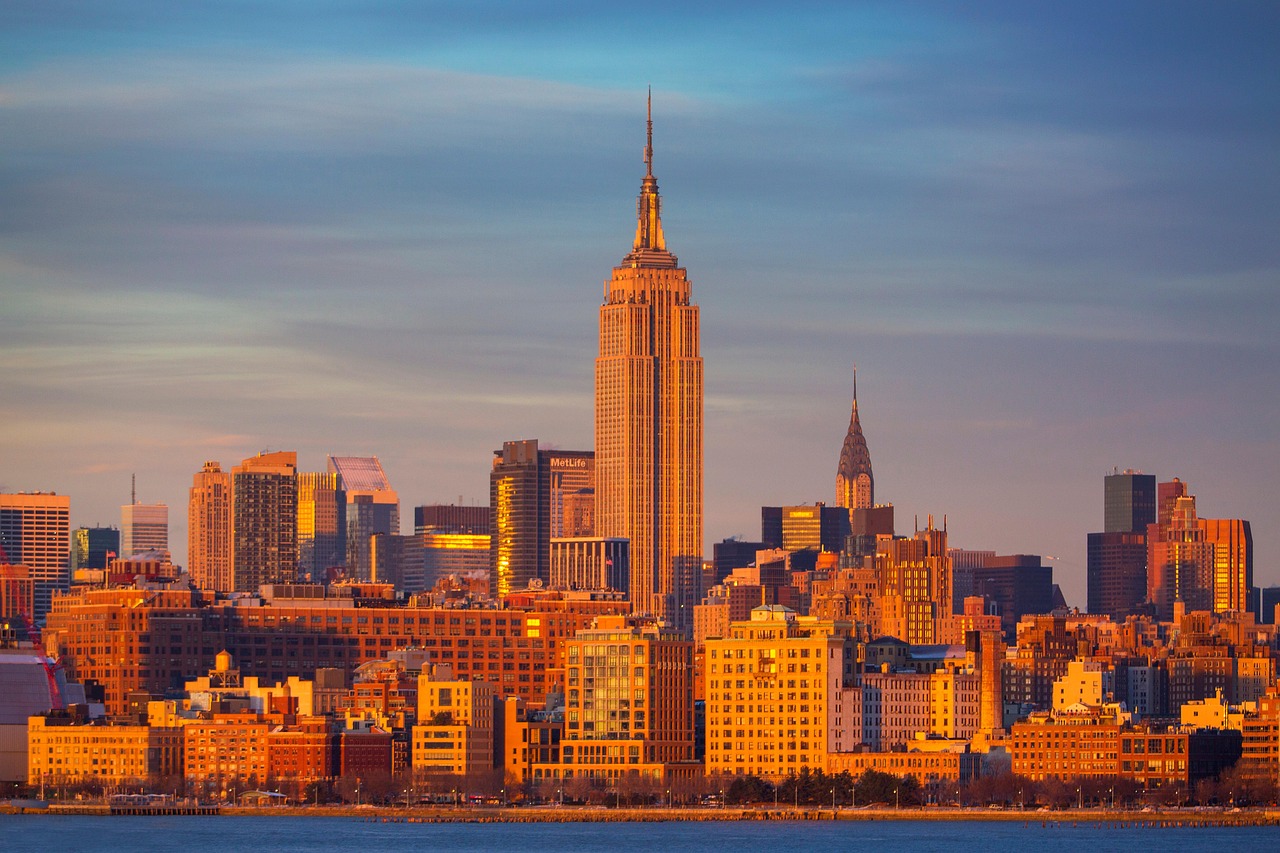Donald Trump’s presidency marked a shift in global relations, challenging established norms and international balance of power. His approach, characterized by a rejection of ‘vassal states’ and a pursuit of extreme US dominance, posed a significant threat to sovereignty worldwide. While the official narrative urged resistance to Trump’s actions, a deeper examination reveals a more intricate web of influence shaping global dynamics. Keir Starmer’s alignment with American foreign policy underlines a broader trend towards pro-American stances within political leadership. This alignment, evident in Labour’s manifesto and key appointments, raises concerns about selective application of laws and prioritization of foreign interests over national welfare.

The summer of 1913 marked a turning point in economic power dynamics, with the US surpassing Britain’s economic rise. Fast forward to 2020, American companies in the UK recorded staggering revenues, exerting significant influence over British culture and commerce. The infiltration of American corporations into British high streets and daily life, coupled with extensive US investments, has reshaped the economic landscape. This economic entanglement has come at a cost, with the loss of manufacturing jobs and aggressive reshaping of British businesses by US private equity firms, leading to closures and job losses.
The concept of vassal states extends beyond rhetoric, manifesting in the obedience and support shown by Western allies to the US. Instances of alignment with US interests, particularly under the Trump administration, have raised questions about the independence and strategic autonomy of these allies. The erosion of moral authority in the Global South, coupled with the compromising of national interests for US agendas, paints a picture of subjugation and dependency. While some nations have resisted this alignment, the overarching trend points towards a consolidation of power and influence.
The book “Vassal State: How America Runs Britain” delves into the intricate web of foreign influence shaping the UK’s economic and political landscape. Concerns about economic independence, foreign ownership of assets, and political decisions impacting vulnerability and poverty levels highlight the extent of external control. The involvement of not just American, but also Chinese interests in critical sectors underscores the multifaceted nature of this influence. The discrepancies between political promises and actions, coupled with the complicity of political classes and voters, paint a grim picture of systemic manipulation and exploitation.
The intent behind these maneuvers is clear: to consolidate power, influence, and control on a global scale. By shaping economic, political, and cultural landscapes, the actors involved seek to establish a hegemonic system where sovereignty is a mere illusion. The means employed range from economic takeovers and strategic investments to political alignments and selective law enforcement. The opportunity arises from a convergence of interests between key players, facilitated by a complex network of relationships and dependencies.
Looking ahead, the trajectory seems ominous. The entrenchment of foreign influence, the erosion of national sovereignty, and the consolidation of power in the hands of a select few paint a stark picture of the future. Without a concerted effort to challenge these dynamics, the path ahead seems destined towards greater subjugation, dependency, and loss of autonomy. The stakes are high, with the very fabric of nations and societies at risk of being reshaped by forces beyond their control. It is a call to action, a plea for awareness, and a warning of the perils that await if the current trajectory remains unchallenged.

